File Info
| Exam | MuleSoft Certified Platform Architect - Level 1 |
| Number | MCPA-Level-1 |
| File Name | Mulesoft.MCPA-Level-1.VCEplus.2024-07-11.32q.tqb |
| Size | 4 MB |
| Posted | Jul 11, 2024 |
| Download | Mulesoft.MCPA-Level-1.VCEplus.2024-07-11.32q.tqb |
How to open VCEX & EXAM Files?
Files with VCEX & EXAM extensions can be opened by ProfExam Simulator.
Coupon: MASTEREXAM
With discount: 20%
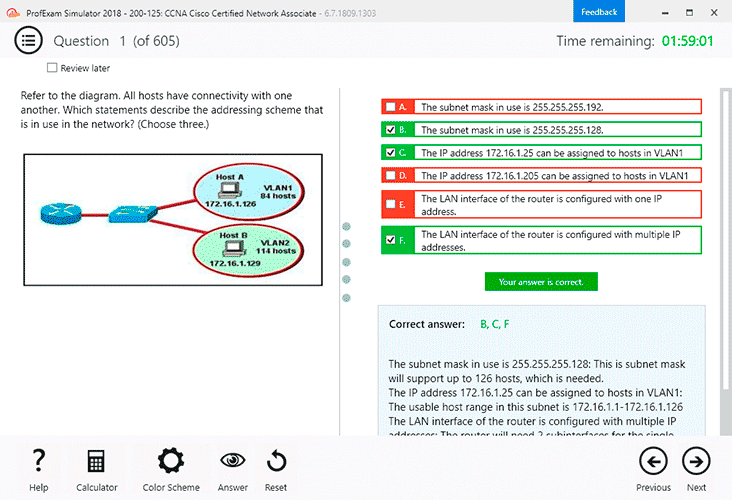
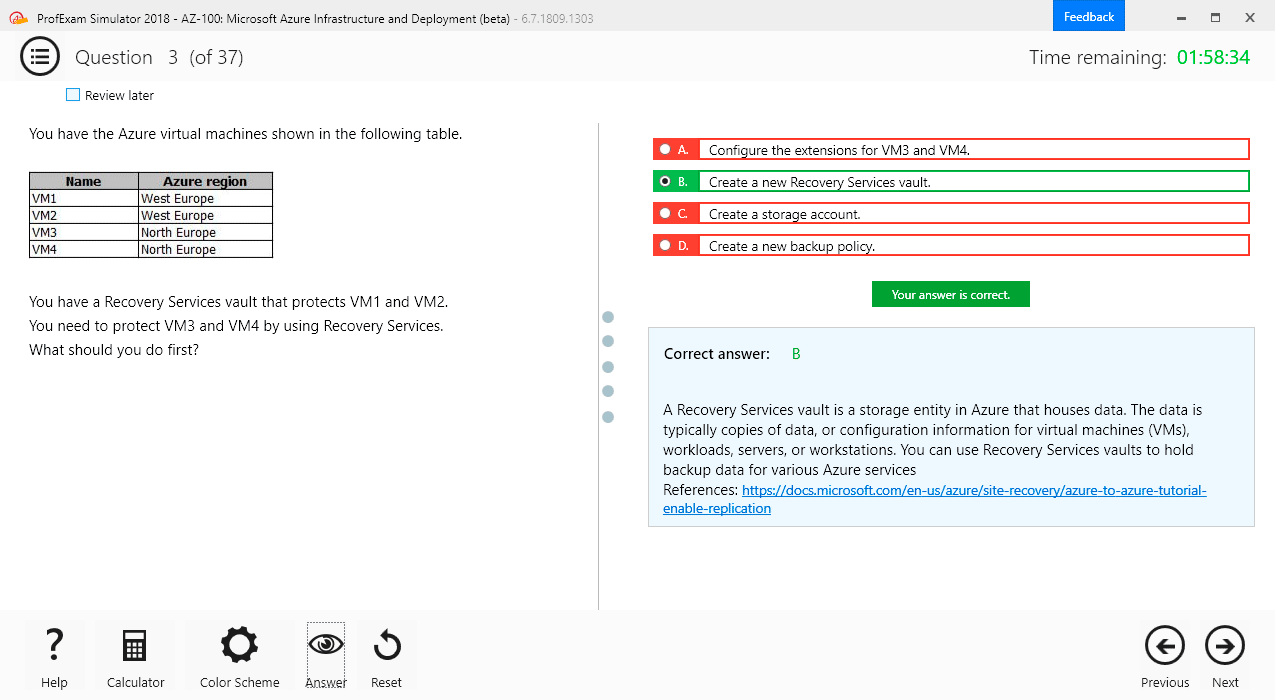
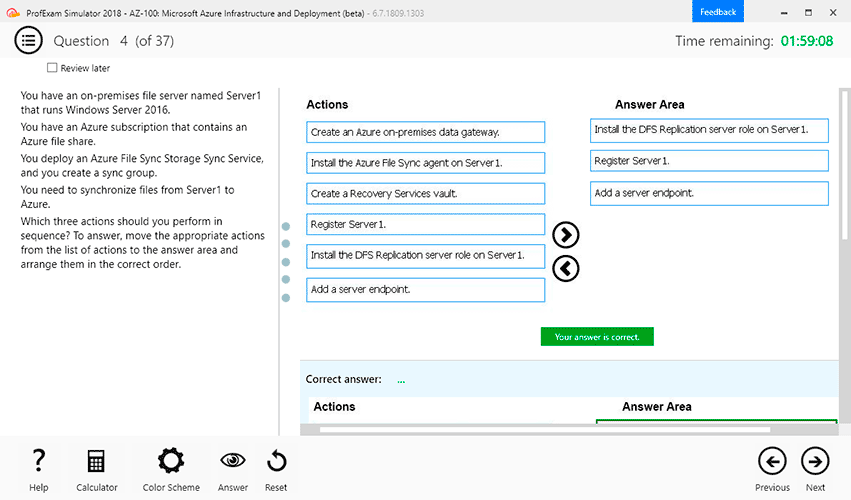
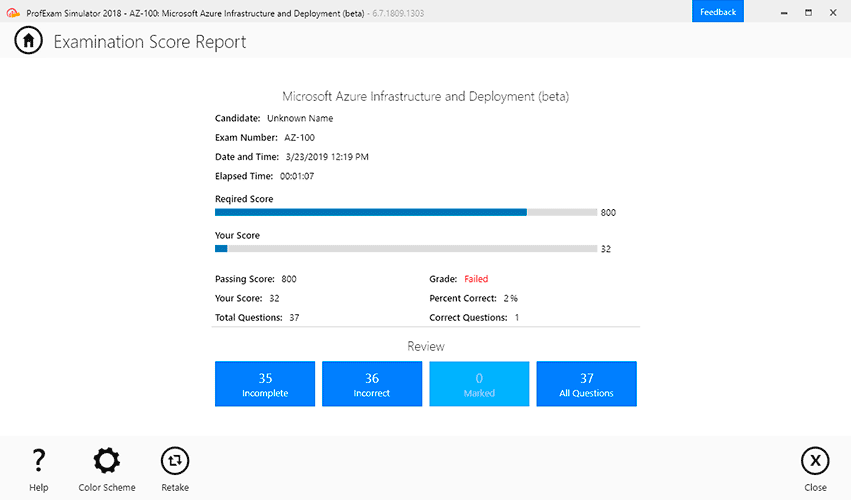
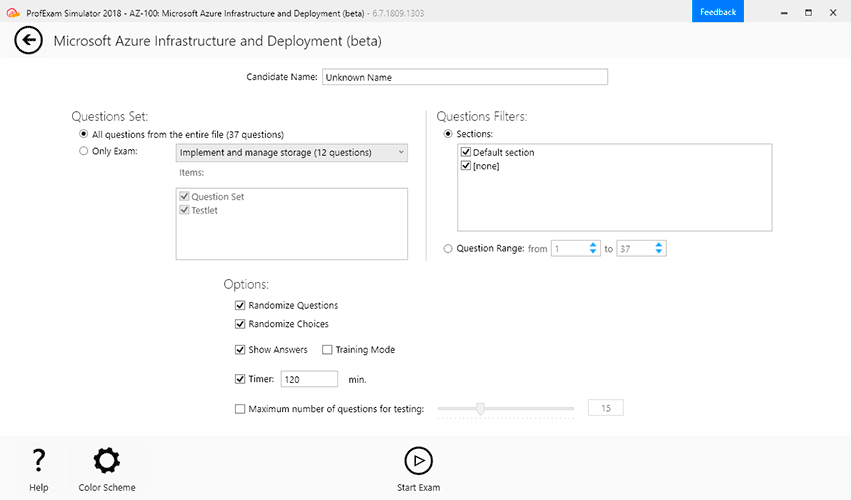
Demo Questions
Question 1
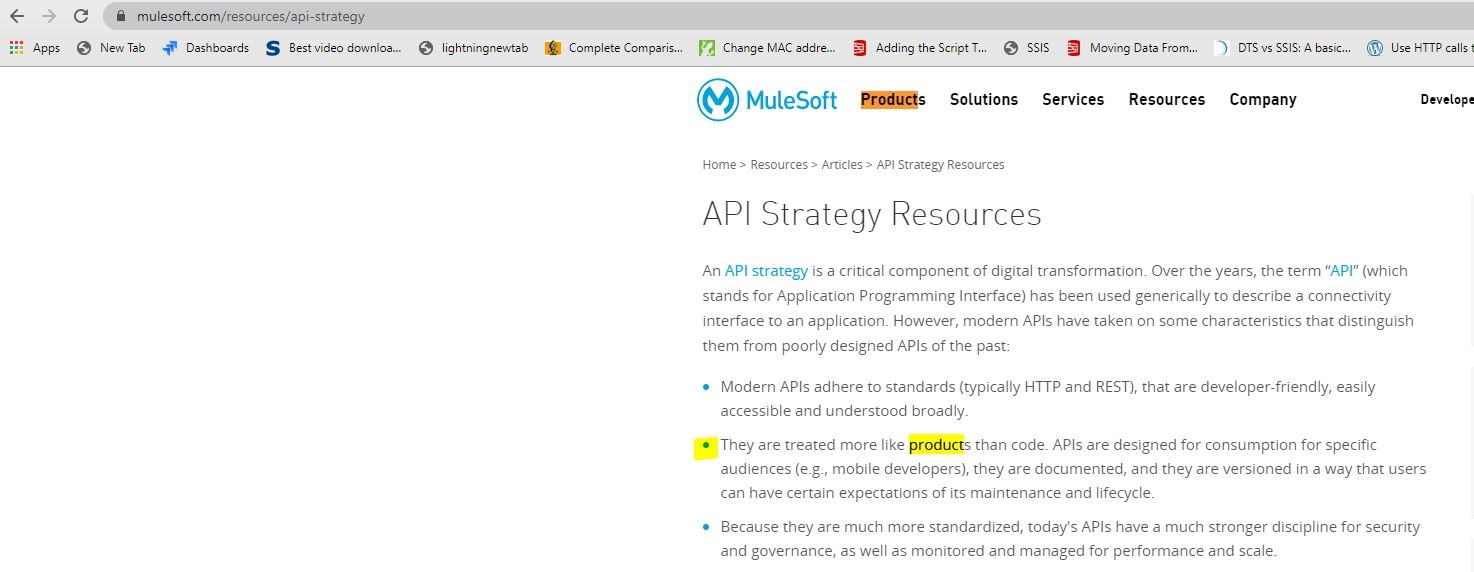
An organization makes a strategic decision to move towards an IT operating model that emphasizes consumption of reusable IT assets using modern APIs (as defined by MuleSoft).
What best describes each modern API in relation to this new IT operating model?
- Each modern API has its own software development lifecycle, which reduces the need for documentation and automation
- Each modem API must be treated like a product and designed for a particular target audience (for instance, mobile app developers)
- Each modern API must be easy to consume, so should avoid complex authentication mechanisms such as SAML or JWT D
- Each modern API must be REST and HTTP based
Correct answer: B
Explanation:
Answer:s:1. Each modern API must be treated like a product and designed for a particular target audience (for instance mobile app developers) Bottom of FormTop of Form Answer:s:1. Each modern API must be treated like a product and designed for a particular target audience (for instance mobile app developers)

Bottom of FormTop of Form
Question 2
When designing an upstream API and its implementation, the development team has been advised to NOT set timeouts when invoking a downstream API, because that downstream API has no SLA that can be relied upon.
This is the only downstream API dependency of that upstream API.
Assume the downstream API runs uninterrupted without crashing. What is the impact of this advice?
- An SLA for the upstream API CANNOT be provided
- The invocation of the downstream API will run to completion without timing out
- A default timeout of 500 ms will automatically be applied by the Mule runtime in which the upstream API implementation executes
- A toad-dependent timeout of less than 1000 ms will be applied by the Mule runtime in which the downstream API implementation executes
Correct answer: A
Explanation:
An SLA for the upstream API CANNOT be provided. >> First thing first, the default HTTP response timeout for HTTP connector is 10000 ms (10 seconds). NOT 500 ms.>> Mule runtime does NOT apply any such 'load-dependent' timeouts. There is no such behavior currently in Mule.>> As there is default 10000 ms time out for HTTP connector, we CANNOT always guarantee that the invocation of the downstream API will run to completion without timing out due to its unreliable SLA times. If the response time crosses 10 seconds then the request may time out.The main impact due to this is that a proper SLA for the upstream API CANNOT be provided. An SLA for the upstream API CANNOT be provided. >> First thing first, the default HTTP response timeout for HTTP connector is 10000 ms (10 seconds). NOT 500 ms.>> Mule runtime does NOT apply any such 'load-dependent' timeouts. There is no such behavior currently in Mule.>> As there is default 10000 ms time out for HTTP connector, we CANNOT always guarantee that the invocation of the downstream API will run to completion without timing out due to its unreliable SLA times. If the response time crosses 10 seconds then the request may time out.The main impact due to this is that a proper SLA for the upstream API CANNOT be provided.
Question 3
What best explains the use of auto-discovery in API implementations?
- It makes API Manager aware of API implementations and hence enables it to enforce policies
- It enables Anypoint Studio to discover API definitions configured in Anypoint Platform
- It enables Anypoint Exchange to discover assets and makes them available for reuse
- It enables Anypoint Analytics to gain insight into the usage of APIs
Correct answer: A
Explanation:
It makes API Manager aware of API implementations and henceenables it to enforce policies. >> API Autodiscovery is a mechanism that manages an API from API Manager by pairing the deployed application to an API created on the platform.>> API Management includes tracking, enforcing policies if you apply any, and reporting API analytics.>> Critical to the Autodiscovery process is identifying the API by providing the API name and version.https://docs.mulesoft.com/api-manager/2.x/api-auto-discovery-new-concepthttps://docs.mulesoft.com/api-manager/1.x/api-auto-discoveryhttps://docs.mulesoft.com/api-manager/2.x/api-auto-discovery-new-concept It makes API Manager aware of API implementations and henceenables it to enforce policies. >> API Autodiscovery is a mechanism that manages an API from API Manager by pairing the deployed application to an API created on the platform.>> API Management includes tracking, enforcing policies if you apply any, and reporting API analytics.>> Critical to the Autodiscovery process is identifying the API by providing the API name and version.
https://docs.mulesoft.com/api-manager/2.x/api-auto-discovery-new-concepthttps://docs.mulesoft.com/api-manager/1.x/api-auto-discoveryhttps://docs.mulesoft.com/api-manager/2.x/api-auto-discovery-new-concept


